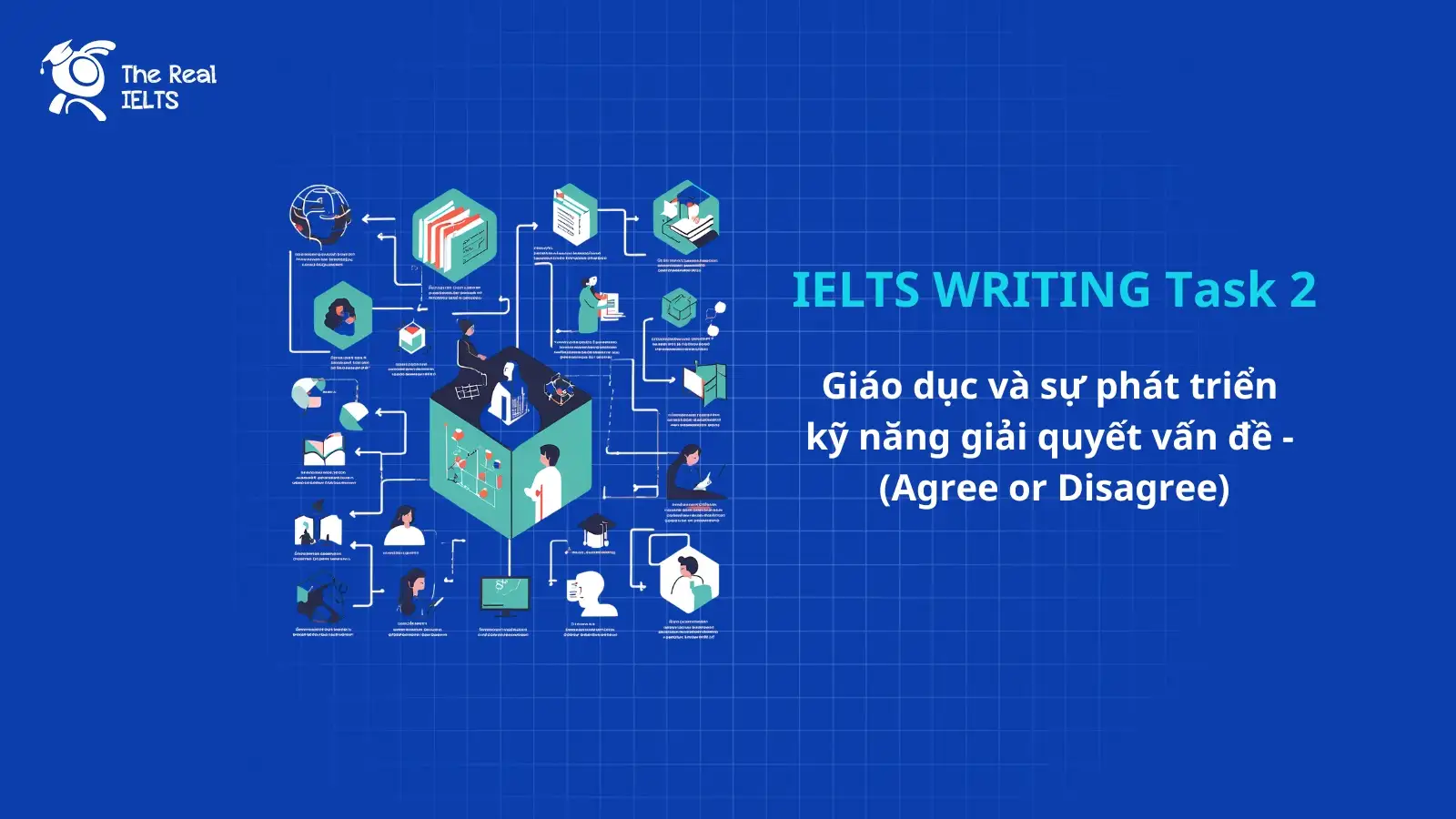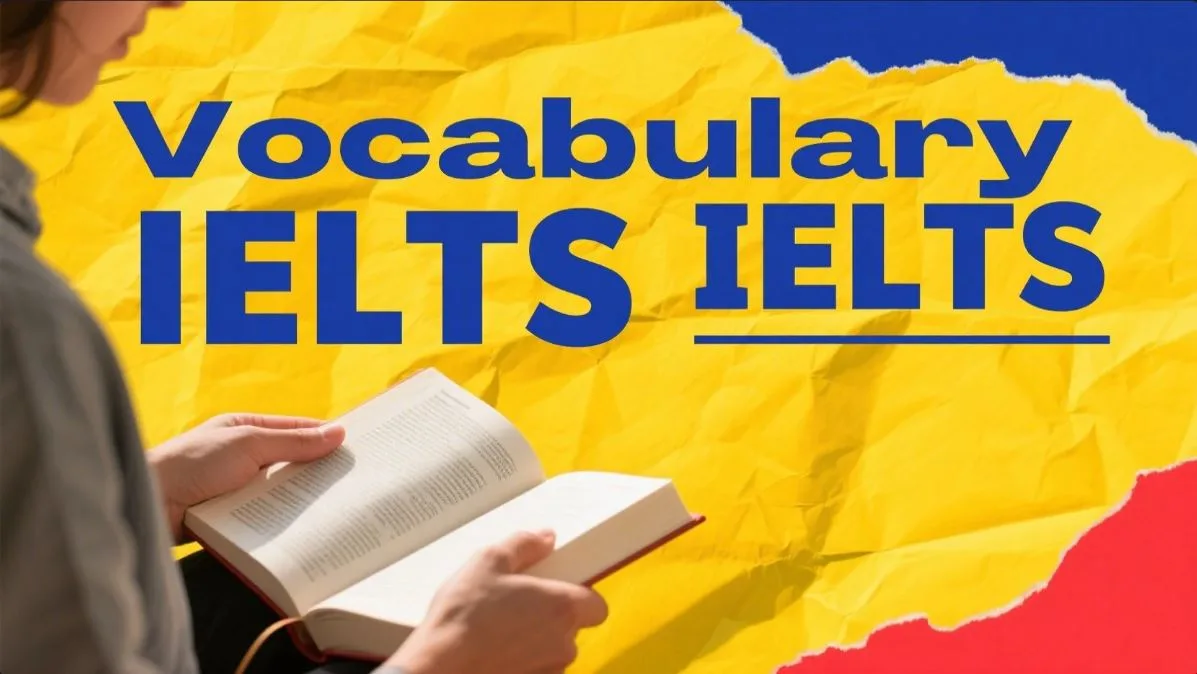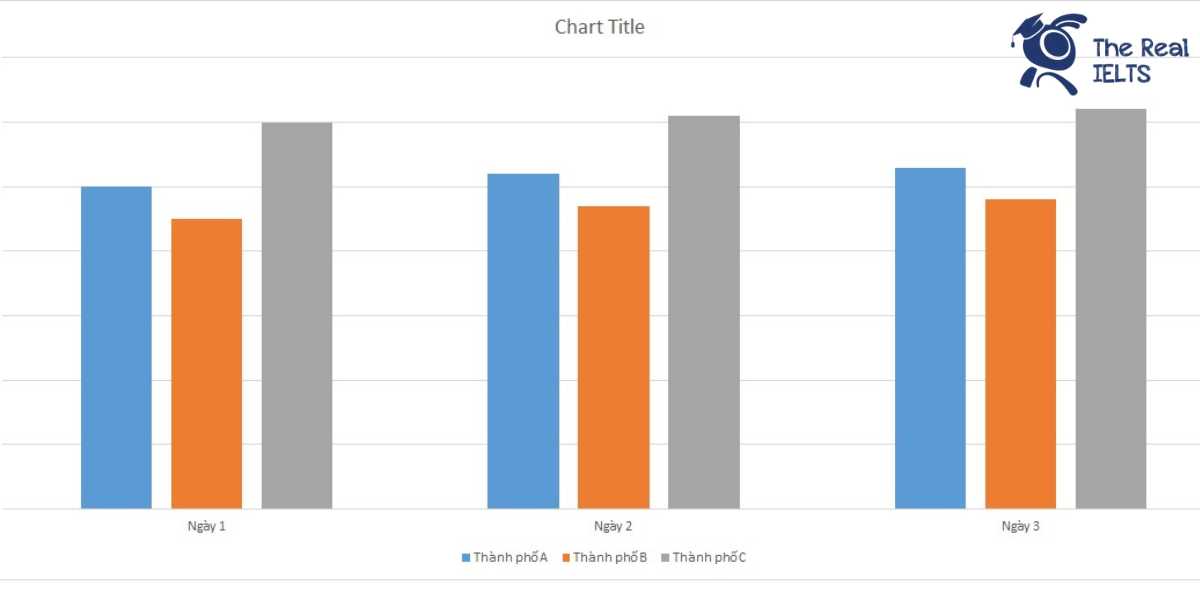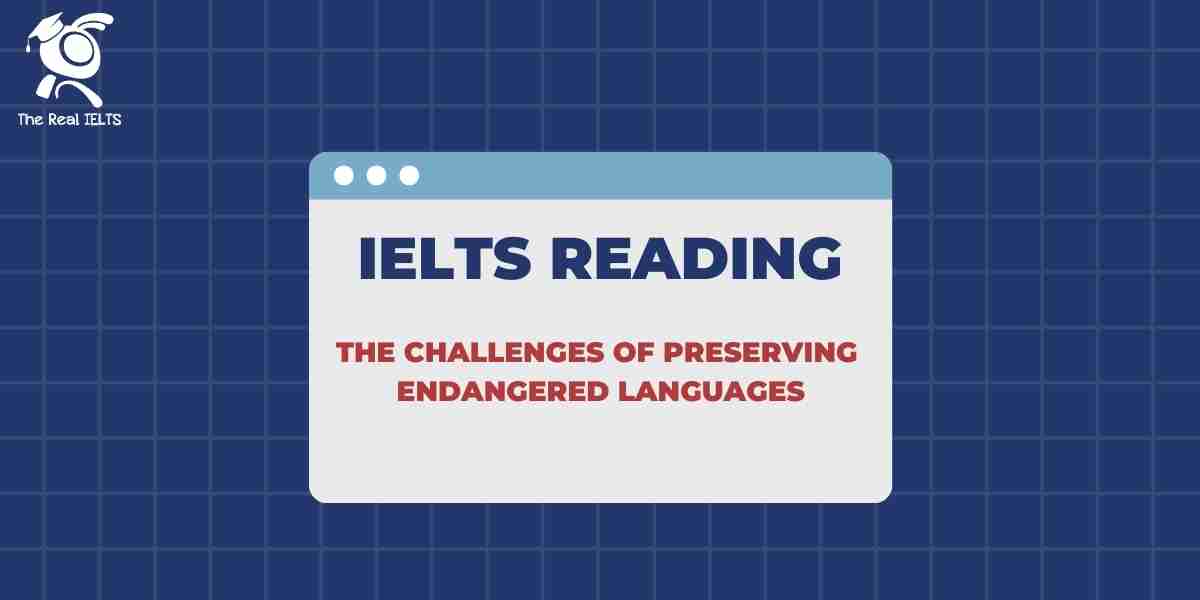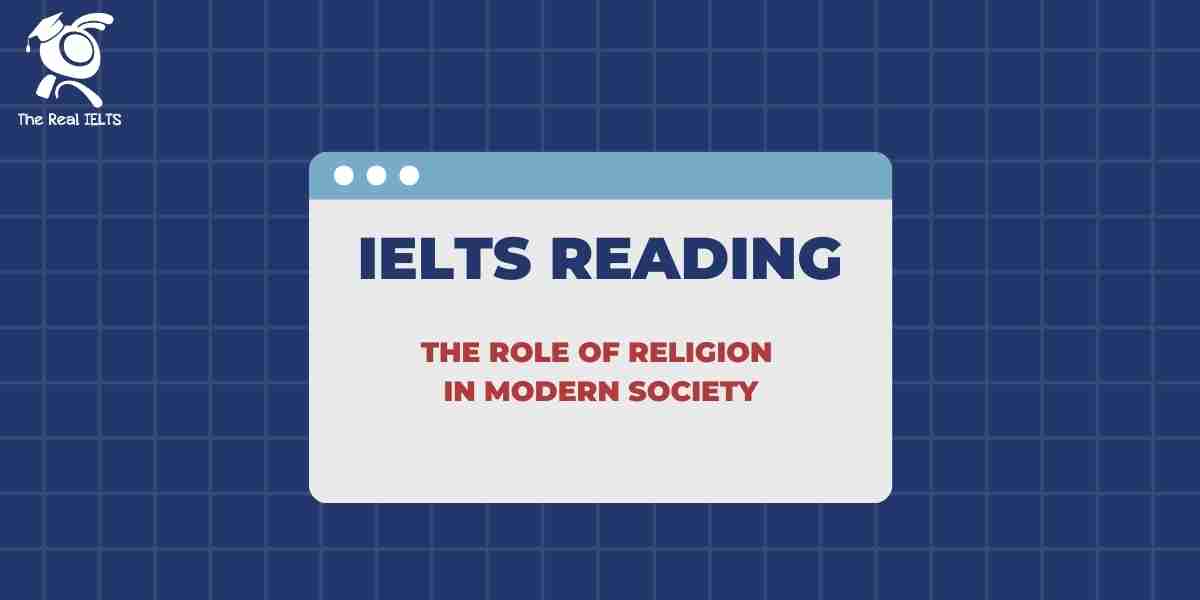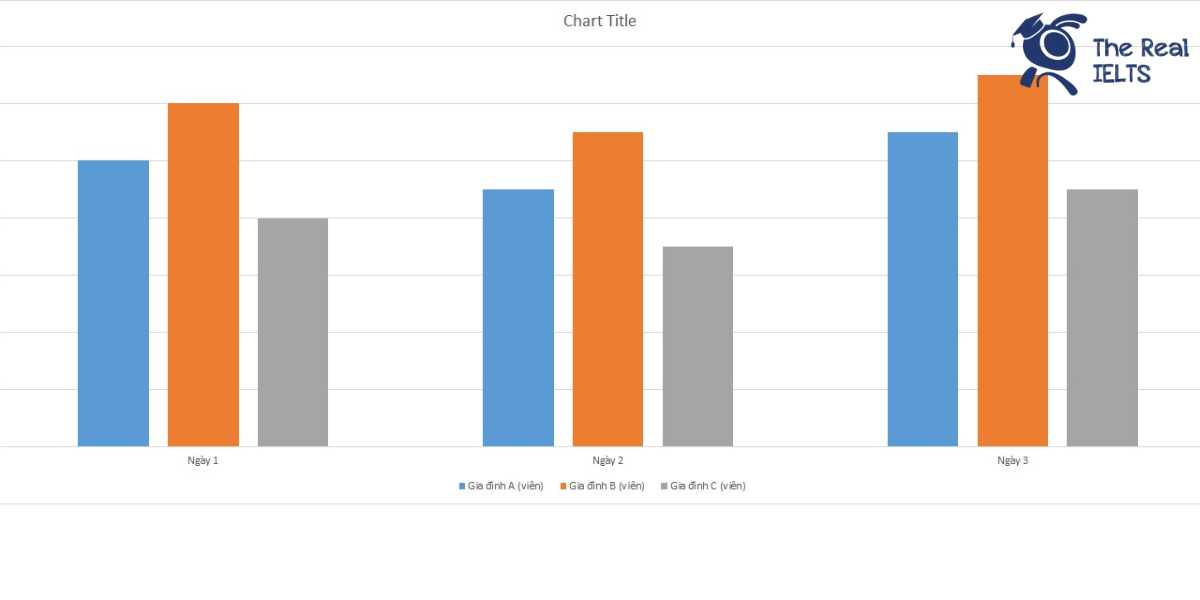IELTS Writing Task 2 thường yêu cầu thí sinh bày tỏ quan điểm về các vấn đề xã hội, trong đó giáo dục và kỹ năng giải quyết vấn đề là chủ đề quan trọng. Nhiều người cho rằng giáo dục đóng vai trò then chốt trong việc rèn luyện tư duy phản biện. Vậy quan điểm này có đúng không?
Đề bài IELTS Writing Task 2: Giáo dục và sự phát triển kỹ năng giải quyết vấn đề – Agree or Disagree
“Education plays a vital role in developing problem-solving skills.” To what extent do you agree or disagree?
Ví dụ 1
Introduction
Education is often considered a key factor in developing problem-solving skills, as it provides individuals with the necessary tools and frameworks to address challenges. While some argue that real-world experience is just as important for problem-solving, I strongly agree that education plays a vital role in equipping individuals with the skills needed to solve complex issues. This essay will discuss the reasons why I believe education significantly contributes to the development of problem-solving abilities.
Body Paragraph 1: Education Provides the Necessary Framework for Problem-Solving
One of the main reasons education plays a crucial role in developing problem-solving skills is that it introduces students to structured methodologies for approaching problems. Subjects like mathematics and science teach students to break down complex issues into manageable parts, analyze them logically, and find solutions. For example, in mathematics, students use algorithms and formulas to solve problems, which encourages a systematic approach to problem-solving that can be applied to real-life challenges.
Additionally, critical thinking and analytical skills are nurtured through education, further enhancing problem-solving abilities. Subjects such as philosophy, economics, and history require students to evaluate different perspectives and think critically about various issues. These skills are essential when tackling problems that involve multiple factors or conflicting viewpoints.
Body Paragraph 2: Education Encourages Creativity and Innovation in Problem-Solving
Education also encourages creativity, which is a vital aspect of problem-solving. For instance, project-based learning and case studies often present students with open-ended problems that require innovative solutions. These activities push students to think outside the box and develop original approaches to solving problems. By participating in group discussions or brainstorming sessions, students learn how to generate diverse ideas and collaborate with others to find effective solutions.
Moreover, modern teaching methods that emphasize inquiry-based learning encourage students to explore various solutions rather than simply memorizing the correct answer. This not only enhances their problem-solving skills but also fosters a growth mindset, where students view challenges as opportunities to learn and improve.
Body Paragraph 3: Limitations of Education in Developing Problem-Solving Skills
However, it is important to recognize that education alone may not be enough to fully develop problem-solving abilities. While education provides the theoretical foundation, real-world experience is equally important. Many problems require practical, hands-on experience that cannot always be simulated in a classroom. For example, dealing with interpersonal issues or managing complex business challenges often requires emotional intelligence and decision-making skills that are better learned through experience.
Conclusion
In conclusion, I firmly believe that education plays a vital role in developing problem-solving skills by providing students with structured frameworks, fostering critical thinking, and encouraging creativity. However, it is also important to combine these educational experiences with real-world application to fully prepare individuals for complex challenges. Therefore, education is a crucial, though not sole, factor in developing effective problem-solving abilities.
Ví dụ 2
Introduction
Education is often seen as a cornerstone in the development of problem-solving skills. While some believe that problem-solving abilities can be honed through experience and self-reflection, I strongly agree that education plays a crucial role in equipping individuals with the necessary tools and strategies to approach and resolve challenges effectively. This essay will explore the extent to which education contributes to the development of problem-solving skills.
The Role of Education in Developing Problem-Solving Skills
Education provides students with foundational knowledge across various subjects, which in turn helps them approach problems with critical thinking and logic. Subjects like mathematics and science, for example, require students to apply specific problem-solving methods to find solutions. Whether it’s solving algebraic equations or conducting scientific experiments, these subjects foster logical reasoning, pattern recognition, and analytical thinking, which are essential components of problem-solving.
Furthermore, education teaches students various strategies for tackling complex challenges. In classrooms, students are often presented with problems that require them to break them down into manageable parts, consider different approaches, and evaluate potential solutions. These structured learning experiences encourage students to think critically and methodically, both of which are key skills in problem-solving.
Challenges to Problem-Solving Development in Education
However, it is important to acknowledge that education alone is not always sufficient in developing problem-solving skills. Traditional teaching methods that rely heavily on rote memorization and passive learning may limit students’ ability to engage with problems in a creative or critical way. Without opportunities for active problem-solving and hands-on learning, students may struggle to translate theoretical knowledge into practical solutions.
Additionally, some education systems focus more on individual achievement rather than collaborative problem-solving. In real-world situations, the ability to work as part of a team is crucial for solving complex problems. Therefore, an overemphasis on individual performance may hinder the development of essential teamwork and communication skills needed for effective problem-solving.
Ways to Improve Problem-Solving Skills in Education
To improve the development of problem-solving skills, educational institutions can adopt more interactive and student-centered teaching methods. Project-based learning, for example, allows students to tackle real-world problems and work collaboratively, fostering both independent and group problem-solving abilities. Moreover, problem-based learning (PBL) encourages students to work on complex, open-ended problems that require critical thinking and creativity, thus enhancing their problem-solving skills in real contexts.
In addition, educators should focus on encouraging students to reflect on their problem-solving processes. This can be achieved through metacognitive activities, where students analyze the steps they took to solve a problem and evaluate which strategies worked best. This reflection helps students improve their approach and develop more effective problem-solving techniques in the future.
Conclusion
In conclusion, education plays a vital role in developing problem-solving skills by providing students with knowledge, strategies, and opportunities to practice critical thinking. However, to maximize its effectiveness, education systems must prioritize active, hands-on learning and collaborative problem-solving. With these improvements, education can better prepare students to tackle the challenges of the modern world and develop the problem-solving skills necessary for success.
Ví dụ 3
Introduction
Education is often regarded as the foundation for developing various cognitive abilities, including problem-solving skills. While some believe that such skills are primarily honed through real-life experiences, I strongly agree that education plays a vital role in fostering problem-solving abilities by providing a structured environment and teaching critical thinking techniques.
Body Paragraph 1: Education Provides Structured Learning Opportunities
One of the main ways education contributes to problem-solving is by offering structured learning opportunities. Subjects like mathematics, science, and engineering require students to engage in problem-solving tasks regularly. For example, in mathematics, students are taught specific methods to approach problems, such as breaking them down into manageable steps. This structured approach to problem-solving not only teaches students how to tackle specific problems but also enhances their ability to apply these skills to other areas.
Body Paragraph 2: Development of Critical Thinking through Education
Another key role education plays in developing problem-solving skills is through the cultivation of critical thinking. In classrooms, students are encouraged to analyze, evaluate, and question information. In subjects like history or literature, students often examine different viewpoints or interpret complex texts, which helps them think critically and develop solutions to open-ended problems. By practicing these analytical skills in various academic contexts, students improve their ability to solve real-world problems in creative and effective ways.
Body Paragraph 3: The Limitations of Relying Solely on Education
However, while education is essential in teaching problem-solving techniques, it is important to acknowledge that real-life experiences also play a significant role. For instance, in a work environment or during personal challenges, individuals may need to use problem-solving strategies that are not taught in the classroom. Therefore, while education provides the foundation, real-life situations allow individuals to refine and apply their problem-solving abilities in unpredictable contexts.
Conclusion
In conclusion, I strongly agree that education plays a vital role in developing problem-solving skills by offering structured learning and promoting critical thinking. Although practical experiences further enhance these abilities, a well-rounded education equips individuals with the fundamental tools needed to approach and solve problems effectively.
Ví dụ 4
Introduction
Education is often considered essential in shaping individuals’ problem-solving abilities. While some may argue that problem-solving skills are mainly developed through life experiences, I strongly agree that education plays a vital role in fostering these skills. In this essay, I will discuss how education contributes to problem-solving and why it is crucial for students’ development.
Education Provides the Framework for Problem-Solving Skills
One of the primary ways education contributes to problem-solving is by providing students with a structured environment in which to develop these skills. Through subjects like mathematics, science, and technology, students learn to break down complex issues into manageable components and apply logical reasoning. For example, solving a mathematical equation or conducting a scientific experiment requires step-by-step analysis, critical thinking, and finding solutions to challenges that arise. This process teaches students the value of problem-solving, making it a foundational skill in their academic journey.
The Role of Interactive Learning in Enhancing Problem-Solving
Furthermore, modern teaching methods, such as project-based learning and case studies, actively involve students in real-world problem-solving scenarios. By participating in group projects or tackling real-life issues, students learn to approach problems from different perspectives, collaborate with peers, and adapt their strategies based on the challenges they encounter. This interactive approach not only strengthens their problem-solving skills but also encourages creativity and resourcefulness, traits that are valuable in both academic and professional settings.
The Importance of Life Skills in Developing Problem-Solving Abilities
However, it is important to note that problem-solving skills are not solely acquired through formal education. Life experiences, such as overcoming personal challenges or engaging in extracurricular activities, also contribute significantly to an individual’s ability to solve problems. While education lays the groundwork, these real-life situations further refine problem-solving skills, offering practical applications that reinforce what students learn in the classroom.
Conclusion
In conclusion, education plays an undeniably vital role in developing problem-solving skills by providing structured learning environments, fostering critical thinking, and encouraging practical applications of knowledge. Although life experiences also shape problem-solving abilities, education provides the essential tools and frameworks for individuals to thrive in complex situations. Therefore, I firmly believe that education is essential for the development of problem-solving skills.
Ví dụ 5
Introduction
Education is often viewed as a fundamental tool in equipping individuals with essential life skills, among which problem-solving is of paramount importance. While some may argue that real-life experiences or innate talent are more influential in developing problem-solving abilities, I firmly agree that education plays a vital role in fostering these skills. This essay will discuss the extent to which education contributes to problem-solving development and the reasons behind its importance.
Education Provides Structured Learning to Develop Problem-Solving
One of the key ways education enhances problem-solving is through structured learning. In classrooms, students are regularly exposed to scenarios that require them to think critically, analyze information, and propose solutions. Subjects such as mathematics, science, and engineering are particularly useful for developing problem-solving abilities, as they encourage logical thinking and the application of specific methods to find solutions. For example, when solving a mathematical equation or conducting an experiment, students must follow steps, evaluate outcomes, and adjust their approaches, which reinforces their problem-solving skills.
Interactive and Real-World Learning Enhances Problem-Solving
In addition to traditional subjects, modern educational practices like project-based learning and case studies encourage students to engage with real-world problems. These methods require students to analyze complex issues, collaborate with peers, and come up with innovative solutions. This hands-on approach not only enhances their problem-solving abilities but also prepares them for challenges they will encounter outside the classroom. Moreover, skills developed through group work and practical projects mirror real-life problem-solving, where diverse perspectives and collective input are essential for success.
Challenges in Education That May Limit Problem-Solving Development
However, the extent to which education fosters problem-solving skills can vary based on the teaching methods used. In some traditional education systems, an overemphasis on rote memorization and theoretical knowledge may limit students’ opportunities to practice critical thinking and problem-solving. Students who are mainly taught to recall facts rather than engage in analytical processes may not fully develop the skills needed for real-world problem-solving. Therefore, it is essential for education systems to adapt and incorporate more dynamic teaching methods that encourage independent thought and practical application.
Conclusion
In conclusion, I strongly agree that education plays a vital role in developing problem-solving skills. Through structured learning, interactive projects, and real-world applications, education provides a solid foundation for individuals to develop critical problem-solving abilities. However, to maximize this benefit, education systems must ensure that students are given opportunities to apply their knowledge in practical, problem-solving contexts. This will better equip them to face the challenges of the modern world.
Ví dụ 6
Introduction
Education is often viewed as a cornerstone for developing problem-solving skills, as it provides individuals with the knowledge and methodologies necessary to approach challenges. While some argue that problem-solving abilities are innate or better developed through experience, I strongly agree that education plays a vital role in cultivating these skills.
Education Provides a Structured Framework for Problem Solving
Education equips students with a structured framework for analyzing and resolving issues. In fields such as mathematics, science, and engineering, students learn how to approach problems logically, break them down into manageable steps, and apply appropriate solutions. For instance, solving mathematical equations or conducting scientific experiments requires students to identify variables, hypothesize, and use evidence to support their conclusions. This structured problem-solving approach, which education emphasizes, can be applied across various real-world scenarios.
Exposure to Diverse Problem-Solving Techniques
In addition to offering a structured approach, education also exposes students to various problem-solving techniques. Different disciplines encourage different ways of thinking, from creative brainstorming in arts and literature to analytical approaches in the sciences. By learning different problem-solving methods, students develop a versatile skill set that can be applied to a wide range of challenges. For example, students trained in critical thinking and logical reasoning in philosophy or history are better equipped to assess complex issues and propose practical solutions.
Practical Experience and External Factors
However, while education plays a crucial role, it must be complemented by practical experience and external factors. Problem-solving skills are further refined when individuals are exposed to real-world challenges that require immediate action. In this context, internships, volunteer work, and other hands-on learning opportunities are important for bridging the gap between theoretical knowledge and practical application.
Conclusion
In conclusion, education plays an essential role in developing problem-solving skills by providing students with both structured frameworks and diverse techniques to tackle challenges. While real-life experiences also contribute to this development, I firmly believe that education is a key factor in fostering effective problem-solvers capable of addressing various issues across different fields.
Ví dụ 7
Introduction
Education is often seen as a fundamental tool for developing essential skills, including problem-solving. While some argue that problem-solving abilities are primarily developed through personal experience, I strongly agree that education plays a vital role in nurturing these skills. This essay will explore how education contributes to problem-solving and why it is crucial in this regard.
Education Provides Structured Learning for Problem-Solving
One of the main reasons why education is crucial for developing problem-solving skills is that it provides a structured environment where students can learn and practice these abilities. Through subjects such as mathematics, science, and engineering, students are regularly challenged with problems that require analytical thinking and creativity to solve. For example, in mathematics, students solve equations or word problems that teach them how to approach a problem systematically and find solutions using logical steps.
Practical Applications in the Classroom
Moreover, education equips students with practical methods and strategies to tackle real-world problems. Through project-based learning, case studies, and simulations, students can apply theoretical knowledge to practical scenarios, allowing them to hone their problem-solving abilities. For instance, in business studies or economics, students often engage in simulations that require them to make decisions based on data analysis, helping them develop practical problem-solving skills they can apply in their future careers.
Education Encourages Critical Thinking
Furthermore, education promotes critical thinking, which is a key aspect of problem-solving. In classrooms where teachers encourage open discussion and inquiry-based learning, students learn how to evaluate different perspectives and approach problems from multiple angles. This type of learning fosters a mindset that is essential for problem-solving, as students are encouraged to think critically and question assumptions before finding solutions.
Limitations of Education in Problem-Solving Development
However, it is important to acknowledge that education alone cannot fully develop problem-solving skills. Personal experiences, life challenges, and practical situations outside the classroom also contribute significantly to honing these skills. Some educational systems may still rely too heavily on rote memorization or passive learning, which limits students’ ability to think critically and solve complex problems.
Conclusion
In conclusion, I firmly agree that education plays a vital role in developing problem-solving skills by providing a structured learning environment, practical applications, and fostering critical thinking. While other factors, such as life experiences, also contribute to this development, the role of education in equipping individuals with the tools and strategies for effective problem-solving cannot be overstated.
Ví dụ 8
Introduction
Education is often considered a key factor in the development of various skills, including problem-solving. While some may argue that problem-solving is primarily developed through real-life experiences, I strongly agree that education plays a vital role in enhancing this skill by providing students with a structured environment to practice and apply problem-solving techniques.
Education as a Structured Environment for Problem-Solving
Provides Foundational Knowledge
Education lays the groundwork for problem-solving by offering students foundational knowledge across various disciplines. Subjects such as mathematics, science, and engineering require students to analyze problems, apply principles, and seek solutions. For example, in mathematics, students are often presented with complex problems that require logical thinking, pattern recognition, and step-by-step problem-solving strategies. This fosters analytical skills and the ability to approach challenges in a structured manner.
Encourages Critical Thinking and Creativity
Moreover, education encourages critical thinking, which is essential for problem-solving. Through activities like debates, case studies, and group discussions, students are encouraged to evaluate different viewpoints and consider various solutions to a problem. This process helps students develop the creativity and flexibility needed to solve problems in innovative ways. For instance, in design courses or project-based learning, students are tasked with finding creative solutions to real-world issues, which enhances their problem-solving abilities.
Limitations of Education in Developing Problem-Solving Skills
Lack of Real-World Application
Despite its importance, education alone may not be enough to fully develop problem-solving skills. One limitation is that formal education often lacks direct real-world application. Students may excel in theoretical problem-solving within the classroom but struggle when faced with practical, unpredictable challenges outside of school. Problem-solving in real life often requires flexibility, emotional intelligence, and adaptability—skills that may not be adequately addressed in academic settings.
Overemphasis on Standardized Testing
Additionally, the focus on standardized testing in many education systems can restrict students’ ability to develop problem-solving skills. When education is centered around memorization and formulaic responses, students may not have the opportunity to practice open-ended problem-solving. In such environments, students may become adept at solving specific types of problems but lack the versatility needed for more complex or novel challenges.
Conclusion
In conclusion, education plays a vital role in developing problem-solving skills by providing a structured and supportive environment where students can learn, practice, and apply various problem-solving techniques. However, it is important to recognize that real-world experience and more flexible teaching methods are also necessary to fully develop these skills. Therefore, while education is crucial, it should be complemented by opportunities for practical application and creative problem-solving.
Ví dụ 9
Introduction
Education is often seen as a cornerstone for personal development, particularly in equipping individuals with problem-solving skills. While some believe that such skills can be developed independently through life experiences, I strongly agree that education plays a vital role in cultivating problem-solving abilities by providing the necessary tools, frameworks, and opportunities for students to engage with real-world challenges.
The Role of Education in Developing Problem-Solving Skills
Education provides a structured environment
In the classroom, students are exposed to a variety of subjects that require logical thinking and problem-solving. For example, mathematics challenges students to find solutions to complex problems, while science experiments encourage them to hypothesize, test, and analyze outcomes. This structured learning environment is crucial for honing critical thinking and problem-solving skills, as students are taught systematic approaches to tackling different types of problems.
Education introduces real-world problem-solving scenarios
Moreover, many educational programs incorporate practical, real-life challenges to improve students’ ability to solve problems. Project-based learning, case studies, and group assignments provide opportunities for students to apply theoretical knowledge to practical situations. By engaging in these activities, students learn to collaborate, adapt, and think creatively to find solutions, thereby enhancing their problem-solving abilities.
Challenges in Education’s Contribution to Problem-Solving
Overemphasis on rote memorization
One of the challenges in using education to develop problem-solving skills is the overemphasis on memorization in some educational systems. In certain environments, students are encouraged to recall facts rather than engage in creative problem-solving. This focus can hinder the development of problem-solving skills, as it prevents students from fully engaging with the material and applying their knowledge in practical ways.
Lack of emphasis on critical thinking and innovation
Furthermore, some educational systems still prioritize standardized testing and fixed curricula that offer limited room for creative problem-solving. When the focus is on passing exams rather than fostering analytical thinking and innovation, students may not develop the deeper problem-solving skills that are essential for success in the real world.
Ways to Improve Education’s Contribution to Problem-Solving Skills
Adopting inquiry-based learning methods
To better foster problem-solving skills, schools and universities should incorporate more inquiry-based learning methods that encourage students to ask questions and seek solutions independently. For example, encouraging students to explore issues, conduct research, and come up with innovative solutions can significantly enhance their problem-solving abilities.
Integrating interdisciplinary approaches
Additionally, integrating interdisciplinary teaching methods that combine subjects such as science, technology, engineering, and mathematics (STEM) with the humanities can foster creative and critical thinking. By exposing students to different ways of thinking and problem-solving from various fields, they can develop a more holistic and versatile approach to solving problems.
Conclusion
In conclusion, education plays a vital role in developing problem-solving skills by providing students with structured learning environments, real-world scenarios, and opportunities for collaboration. While there are challenges, such as an overemphasis on rote memorization, these can be addressed by adopting more interactive and interdisciplinary teaching methods. Overall, education remains a key driver in enhancing problem-solving abilities, preparing students for success in both personal and professional life.


